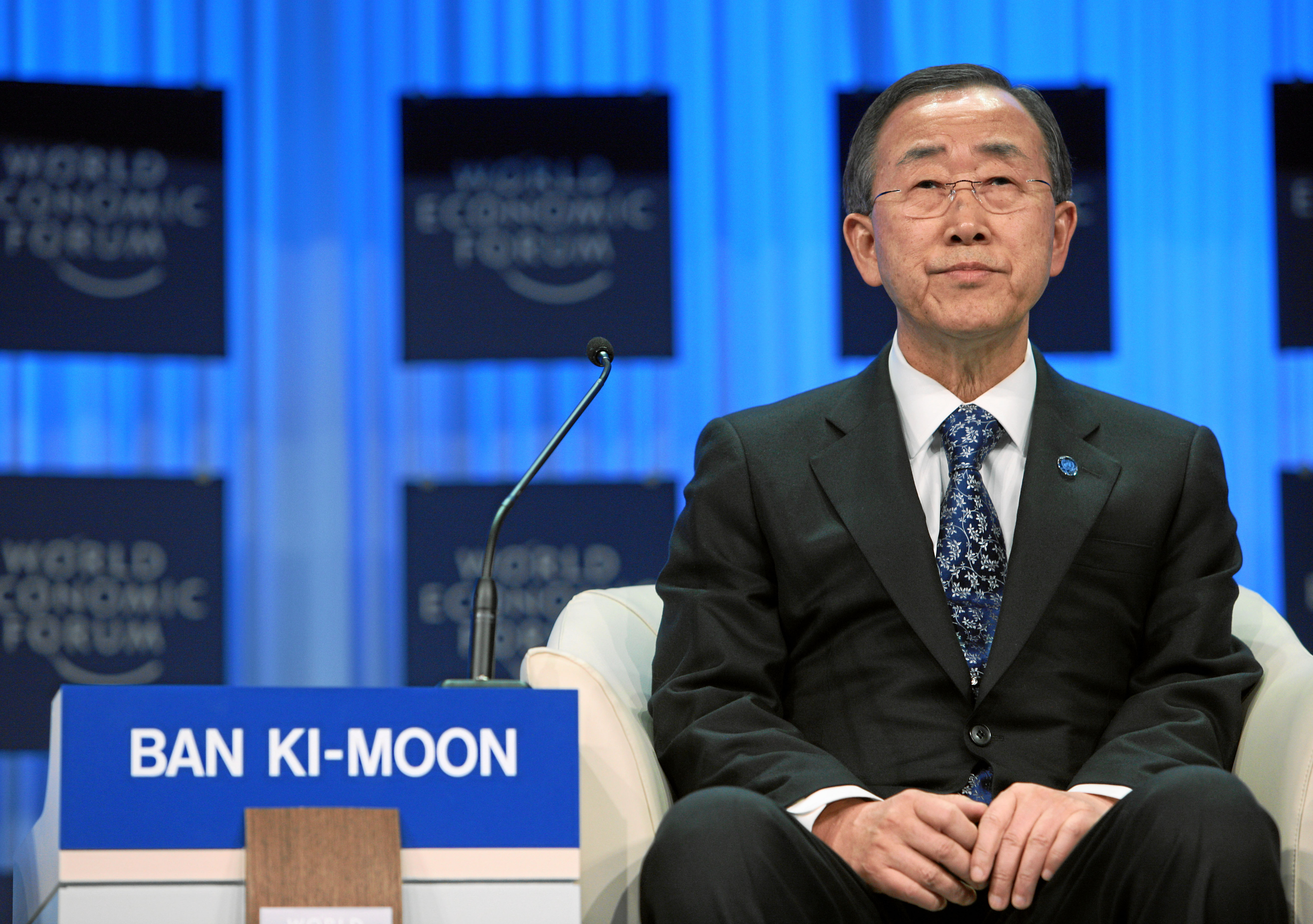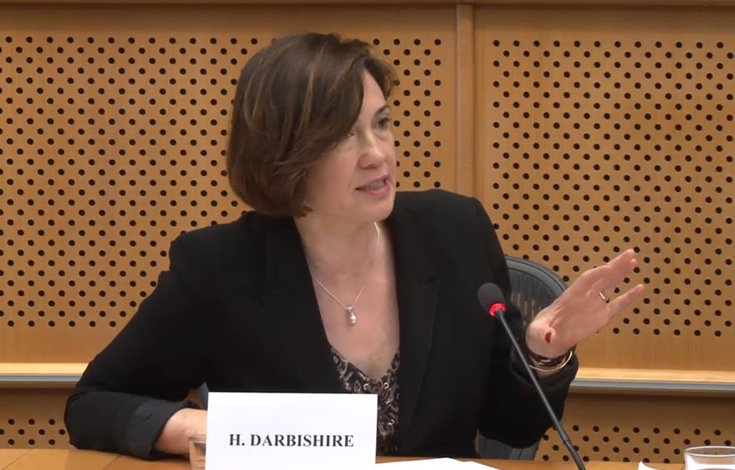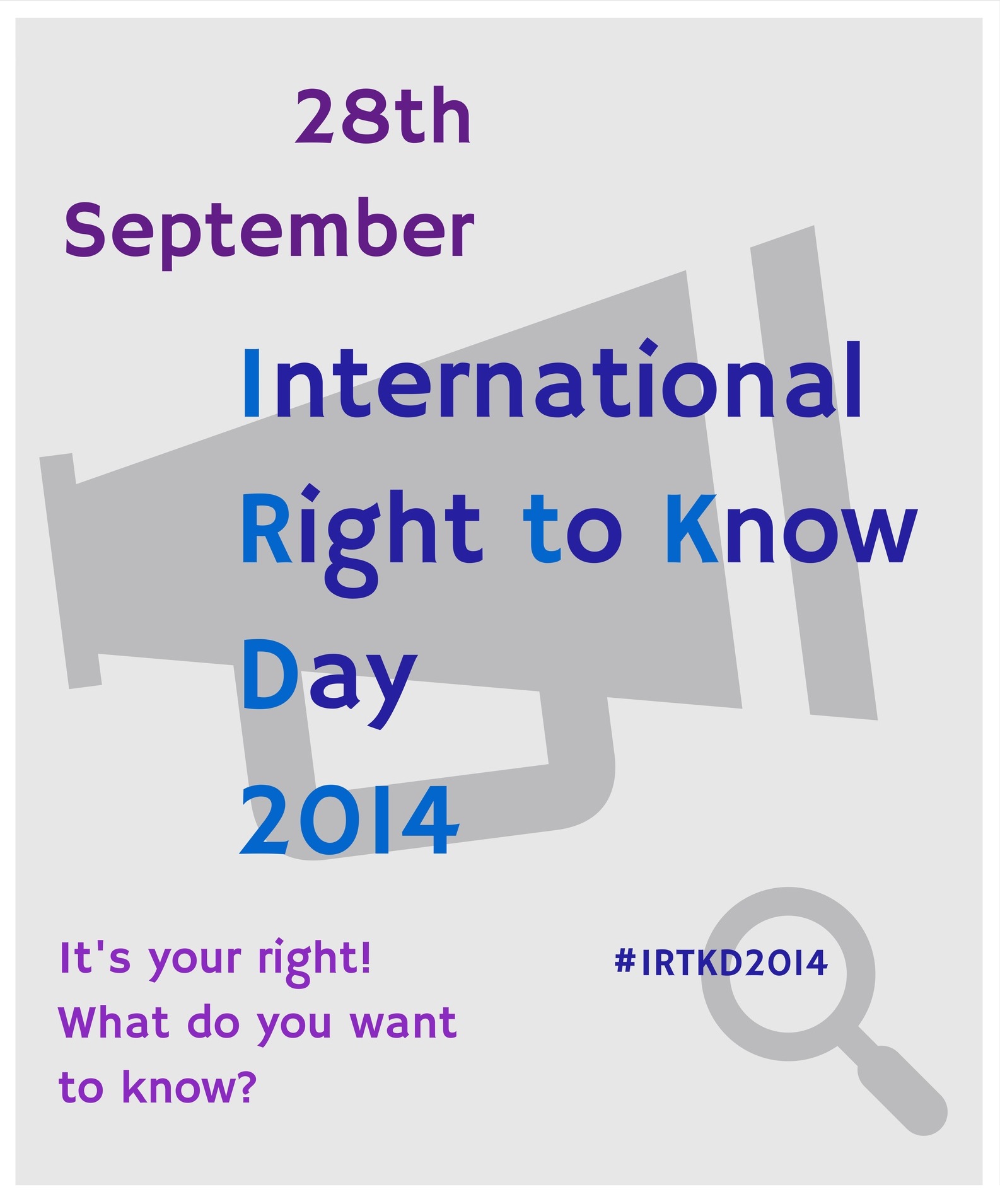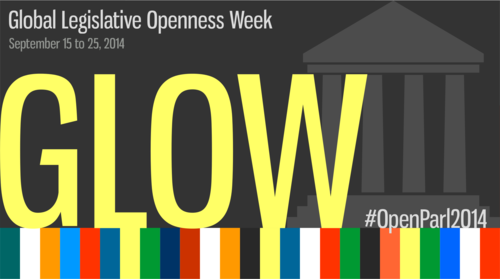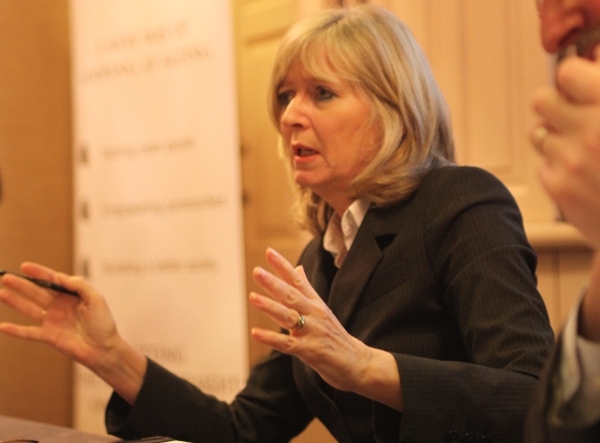Civil society letter calls for UN SG Ban Ki-moon to recognise Right to Know in Post-15 Report
Helen Darbishire2018-11-13T10:11:42+01:00Madrid, 30 September 2014 - On the occasion of International Right to Know Day, Access Info Europe together with 130 other organisations has written an open letter to UN Secretary General, Ban Ki-moon, calling on him to recognise freedom of expression and the right to information in his Post-2015 report. The UN secretary General and his team are drafting a report on Post-2015 which will kick off formal negotiations for the Sustainable Development Goals next year. For the past couple of years, civil society groups from all over the world have been calling on states to ensure good governance and

